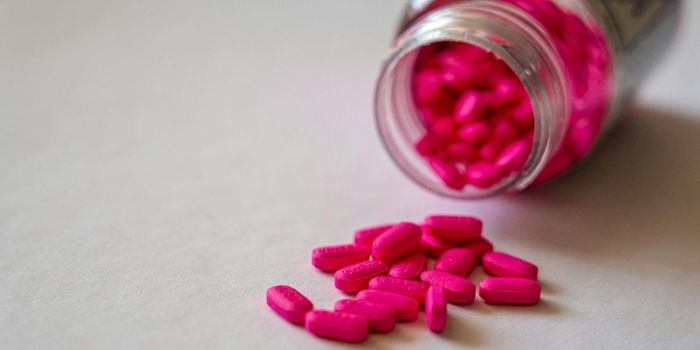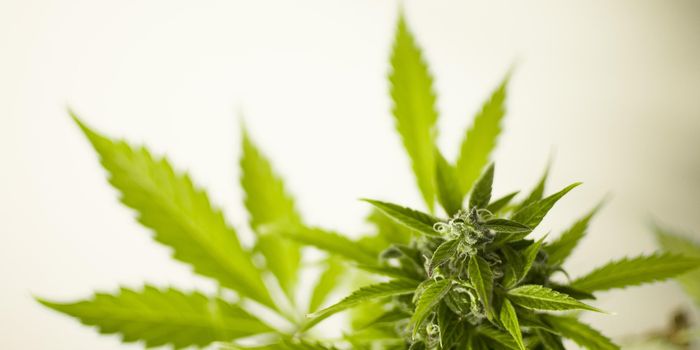Mental Heath Implications of a Controversial Acne Drug
Isotretinoin is a highly effective marketed treatment for acne that has long been believed to have an association with teen suicide and depression. Now, a study published in the Journal of the American Academy of Dermatology aims to debunk this association.
"Acne may not cause physical pain or impairment, but you do not want to leave acne untreated because that's a risk for mental health," said Misaki Natsuaki, an associate professor of psychology and director of the UCR Developmental Transitions Laboratory. "Undertreatment of acne itself is related to depression and anxiety, especially in females."
The study notes that many patients that are treated with isotretinoin—take the treatment because of severe acne, and that severity is known to be associated with mental health issues because of physical appearance implications
"We speculate that, although no one likes to have acne on his or her face, the prevalence of acne is high in adolescent years and it's somewhat expected to happen in teens," Natsuaki said. "However, for adults, acne may appear as a deviation from social norm."
Isotretinoin was marketed in 1982 as Absorica, Claravis, Amnesteem, Myorisan, and Zenatane. The drug was found to reduce acne after six months of use. However, in 1998, the Food and Drug Administration issued a warning of mental health implications of its use to depression, psychosis, suicidal ideation, and suicide. These actions have grew to cause controversy of its use.
"Given the psychiatric risk of acne itself, it is important for clinicians to optimize acne management which may include utilization of isotretinoin."
Source: Science Daily









